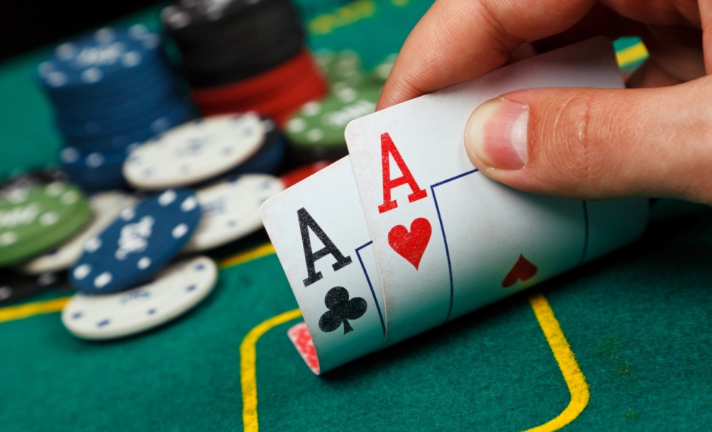Psychology of Poker Skills
Psychology plays a key role in poker. Understanding the psychological aspects of the game can be your greatest weapon. Bluffing is an art that requires not only confidence, but also the ability to read your opponents. Successful players know how to create deceptive situations that make their opponents doubt their own hands. Reading your opponents is not only about monitoring their bets, but also analyzing non-verbal cues such as facial expressions and gestures. Each player is unique, and being able to recognize their playing style significantly increases your chances of winning.
In addition, managing your emotions is an important aspect of poker skills. You cannot allow yourself to give in to emotions, especially when you are losing. Professionals train themselves to remain calm and cool, regardless of the situation at the table. The ability to manage your emotions allows you to make rational decisions and avoid impulsive actions.

Bankroll Management Strategies
Bankroll management is one of the cornerstones of a successful poker career. Professionals know that even the best players can hit rock bottom, which is why it’s important to have a financial management strategy. Basic bankroll management rules include setting betting limits and the number of games you’re willing to play.
One popular method is the 20 buy-in rule: for example, if you play cash games with a $100 buy-in, your bankroll should be at least $2,000. This will help you avoid going bankrupt if you have a series of losses. It’s also important not to overestimate your capabilities and stay within your financial means. Regularly analyzing your results and adjusting your bankroll management strategy will help you avoid mistakes and stay consistent in the game.
Common Mistakes and How to Avoid Them
Beginner poker players often make a lot of mistakes that can cost them a lot of money. One of the main mistakes is not understanding their position at the table. Many beginners do not understand how position affects their decisions and their chances of winning. Learn to use your position to your advantage to get the most out of each hand.
Another common mistake is bluffing too often. Bluffing can be a powerful tool, but overusing it can lead to your opponents reading you. Approach bluffing strategically and remember to time it correctly.
Also, do not neglect educational materials and game analysis. Many novice players underestimate the importance of self-education. Read books, watch video tutorials, and analyze your games to identify and work on your weaknesses. By avoiding these common mistakes and following the advice of professionals, you can significantly improve your game and increase your chances of success at the poker table.





